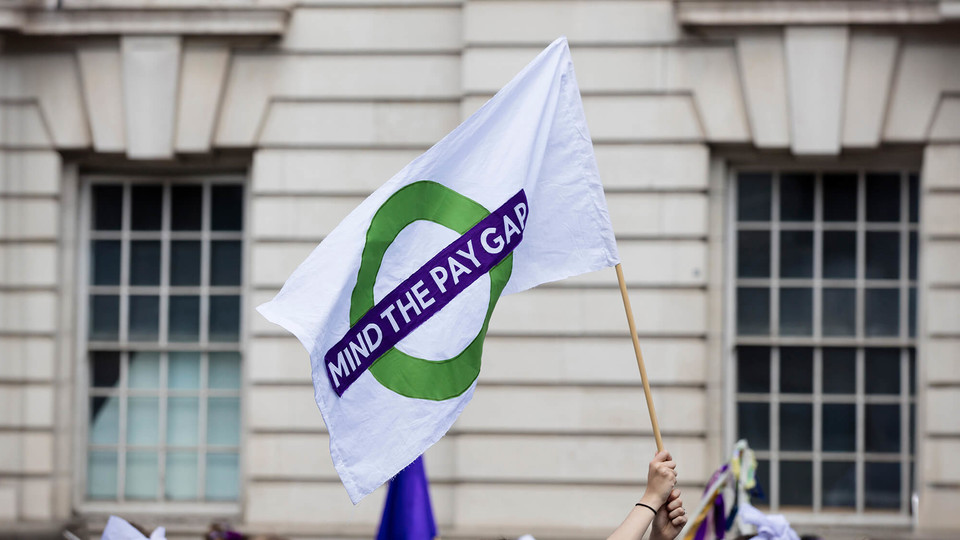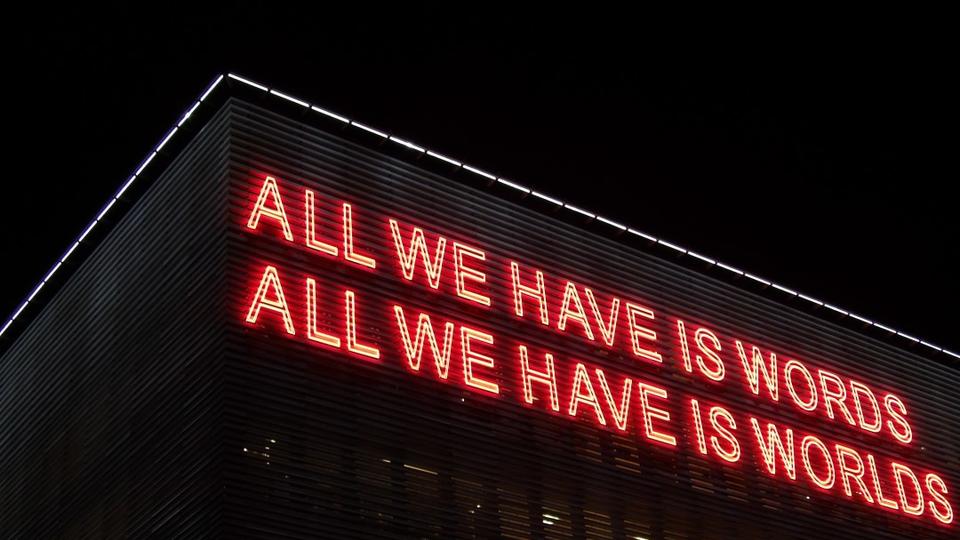
Why One Selfie Isn't Enough
Our Imaginary, Alternative Self Has A Very Real Effect On How We Work And Live
Based on research by Otilia Obodaru (former Rice Business professor)
Our Imaginary, Alternative Self Has A Very Real Effect On How We Work And Live
- Contrary to previous thought, most people construct a sense of self using more than a past/present/future timeline. We also imagine the selves that would be possible if some event or decision had caused a different outcome.
- These imagined alternative selves affect the workplace because we attach meaning to them that, for good and ill, affects employee performance.
- Researchers should expand their current understanding of the self to include these imagined realities. And managers should consider employees’ alternate selves as a part of successful planning.
Social psychologists and behaviorists have traditionally used a concept of self based on an individual’s “temporal,” or past/present/future, view of her life. It makes sense, after all, to think about ourselves in terms of who we were, who we are now and who we may be in the future.
But according to Otilia Obodaru, a former assistant professor at Rice Business, there is more about the self than the experts are factoring in. Most people, her research shows, live their daily lives alongside alternative selves in a separate reality concurrent with their chronological lives.
Alternative selves in a parallel reality? It may sound like science fiction. But consider the following scenario.
Suppose your mother always wanted a doctor in the family. You headed to college bound and determined to make her dream come true, only to find, after nearly bombing a biochemistry final, that you preferred accounting instead. Now suppose, 10 years into your accounting career, that you routinely muse about what your life might have been like as an MD instead of a CPA.
According to Obodaru, you have an alternate self, one that is part of your current self-concept. And if you believe your life as a doctor would have been better than the life you have now, this alternative self can wreak havoc on your “self-concept” — that is, your essential sense of who you are.
It’s common for people to engage in “counterfactual thinking,” or considering alternatives to past decisions or behavior. “If I’d gotten up when the alarm went off instead of hitting the snooze button, I’d have missed this traffic jam and arrived at work on time,” is one such example.
But constructing an alternative self involves more than counterfactual thinking. One component is reflection on a turning point in one’s life. Turning points are usually emotionally intense events that alter a person’s path — a job change, birth of a child or that D in biochemistry. They are ripe for reflection and provide learning opportunities for people to consider.
People can also use turning points to engage in “undoing” that event and reweaving an alternative narrative. When that reweaving becomes part of a person’s life story that he or she tells and retells, “If I’d passed that biochemistry final, I’d probably be a doctor today,” it becomes an alternative self and part of that person’s self-concept.
A man who wishes he’d become a doctor instead of an accountant may be less satisfied and engaged with work and likely less content with life in general. Years after the fact, that choice — and the alternative self it created — can alter his performance at work and even his quality of life.
We may be witnessing a rise in these alternative selves, Obodaru argues. In part, she writes, this is because so many people have unprecedented freedom to make choices, and instant access to unlimited information regarding those foregone choices. According to one study, the number of people who report harboring long-term regrets has grown from about 42 percent in the 1950s to nearly 100 percent today.
That’s why managers should strive to understand employees’ current and alternative selves. For better or worse, these alternative selves help shape job satisfaction, commitment and motivation. While managers can’t change the past, awareness that their employees travel there, in the form of alternative selves, can make it easier to guide the present.
Otilia Obodaru is a former management professor at the Jones Graduate School of Business at Rice University.
To learn more, please see: Obodaru, O. (2012). The self not taken: How alternative selves develop and how they influence our professional lives. Academy of Management Review, 37(1), 34-57.
Never Miss A Story


